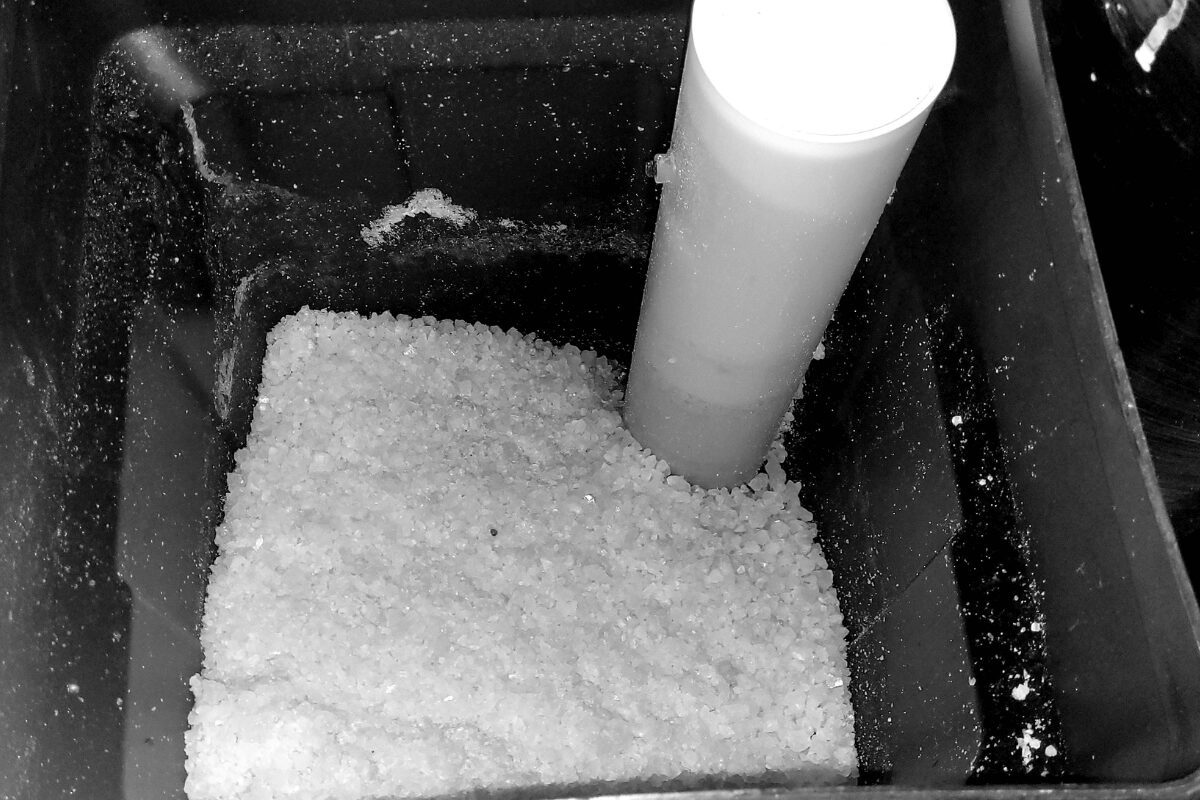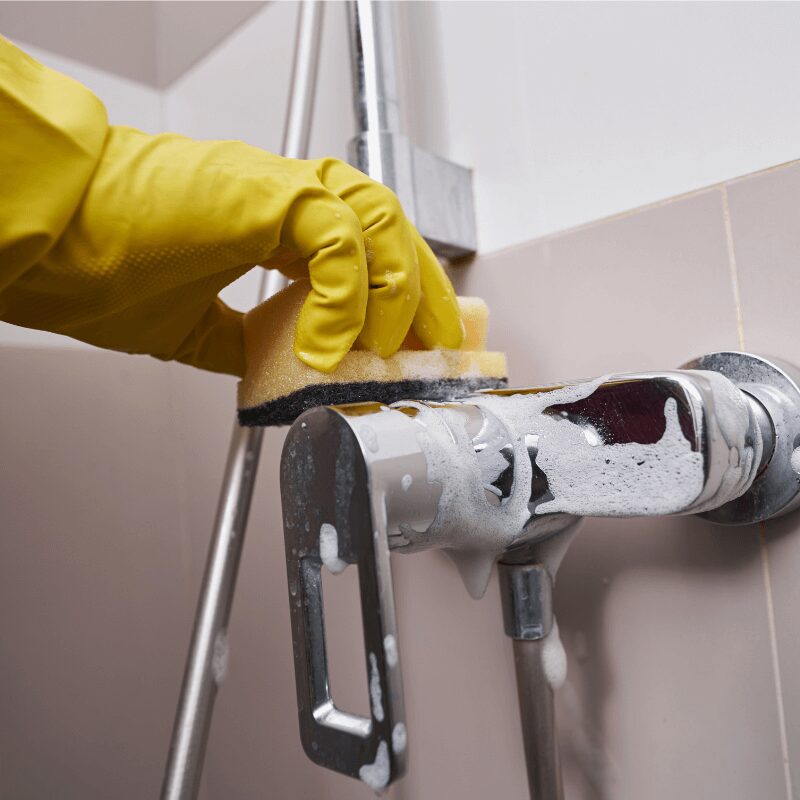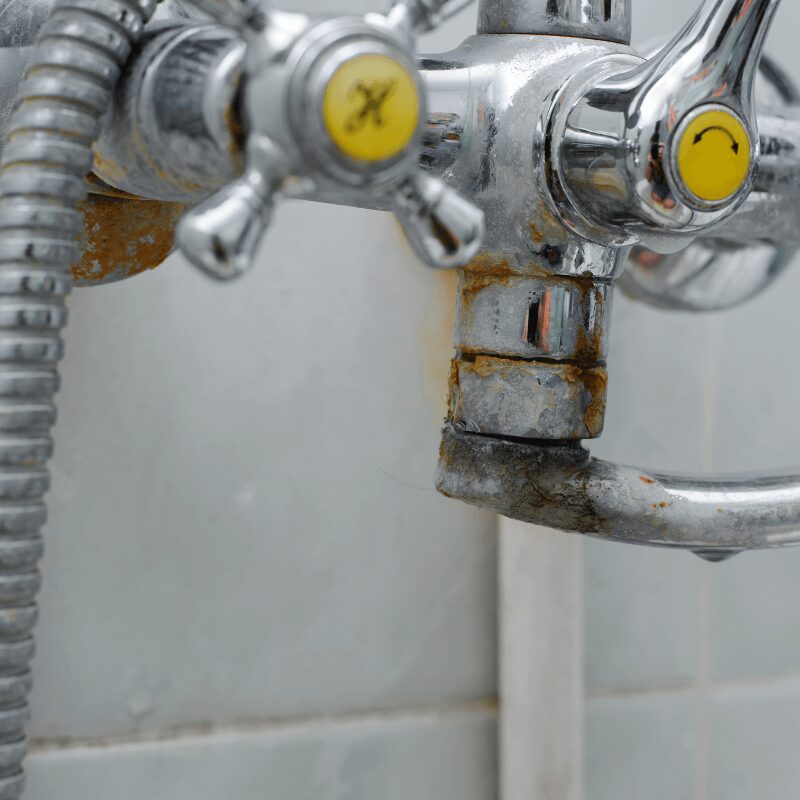Are There Salt-Free Water Softeners?

The “No Salt” Question We Hear All the Time
It’s one of the most common questions we get from homeowners in Southern Texas: “Do salt-free water softeners actually exist?”
Maybe you’ve heard a neighbor rave about theirs. Maybe you’ve seen one online promising soft water without the salt bags, maintenance, or hassle. Or maybe you just don’t love the idea of adding salt to your water system in the first place.
At Aqua Clear Water Solutions, we recognize that there is a lot of confusion surrounding this topic, partly because “salt-free” water systems are frequently marketed in ways that can be misleading. So, let’s break down the facts, clear up the myths, and help you decide what’s best for your home’s water.
What a Water Softener Actually Does
Before we talk about whether a water softener can be salt-free or not, let’s make sure we understand what a water softener is designed to do. A water softener’s main purpose is to remove hardness minerals—calcium and magnesium—from your water through a process called ion exchange. These minerals are the culprits behind:
- White, chalky spots on dishes and glassware
- Stubborn scale on faucets and shower doors
- Reduced appliance efficiency and lifespan
- Dry skin and brittle hair after bathing
To complete this ion exchange process, traditional water softeners require salt (or sometimes potassium chloride). The salt helps “recharge” the resin beads inside the tank, keeping them charged and allowing them to continue removing hardness from your water.
So… Are There Salt-Free Water Softeners?
Here’s the short answer: No, not in the way you think.
A true water softener that actually removes hardness minerals from water must use salt (or potassium) to do its job. The term “salt-free water softener” is often used as a marketing phrase, but in reality, most salt-free systems are water conditioners, not softeners. These systems crystallize the hardness in your water, preventing it from leaving behind scale or residue. But the hard minerals are never removed, and thus, still leave you with hard water.
Water Softeners vs. Water Conditioners: Easy Way to Remember
Water Softener:
- Removes calcium and magnesium from the water.
- Uses salt (sodium chloride) or potassium chloride in the regeneration process.
- Prevents scale buildup inside pipes and appliances by eliminating hardness entirely.
Water Conditioner:
- Does not remove hardness minerals–those are still in your water.
- Alters the structure of minerals so they’re less likely to stick to surfaces.
- Reduces scale buildup, but won’t give you the “soft water” feel in showers or improve soap lather the same way a softener does.
This difference matters. If your goal is to eliminate hard water problems, a salt-free conditioner won’t deliver the same results as a true softener.
Why Some Homeowners Choose Salt-Free Systems
Although salt-free systems don’t actually “soften” water, they can still be a suitable option in certain situations. Here’s why some homeowners choose them:
- Low Maintenance: No salt to buy, store, or replace.
- No Regeneration Wastewater: They use less water compared to a traditional softener.
- Scale Reduction: They can help protect appliances and plumbing from scale buildup–especially in mild to moderately hard water areas.
- Environmental Preference: Some homeowners prefer to avoid salt discharge into wastewater.

Why They’re Not Always the Right Choice in Southern Texas
Southern Texas is known for having very hard water, with mineral levels high enough to wreak havoc on plumbing, appliances, and skin. In areas with extreme hardness, a salt-free conditioner simply can’t match the performance of a true softener. You may still deal with:
- Stubborn spots on glassware
- Soap and shampoo that won’t lather well
- Residual scale buildup in faucets, showerheads, and water heaters
- Dry skin and hair
In other words, you’ll get some benefits, but not the full range of improvements most homeowners are looking for.
The Aqua Clear Recommendation: Start with a Water Test
At Aqua Clear Water Solutions, choosing the right water treatment system starts with understanding your water. That’s why we offer comprehensive in-home water testing to accurately measure hardness levels and identify other potential water quality concerns.
Once we understand what’s flowing through your taps, our team provides expert recommendations tailored to your home’s needs, lifestyle, budget, and environmental preferences. Whether you’re leaning toward a salt-based Kinetico water softener or a high-quality specialty system, we’ll guide you through your options and explain the benefits our different Kinetico water softener systems. From there, our trained technicians handle the professional installation, ensuring your system is set up properly and running efficiently from day one.

Salt-Free Isn’t Always “Better”–It’s Just Different
Salt-free systems can work well in the right environment, but they’re not a magic bullet, especially in areas like Southern Texas, where water hardness is off the charts. If you want the full benefits of truly soft water—better soap lather, cleaner dishes, scale-free plumbing, and longer-lasting appliances—a salt-based water softener is still the gold standard.
Choose the Best Solution for Your Water
Whether you’re leaning toward a low-maintenance conditioner or a powerful softener, the key is to match the system to your home’s water quality and your personal priorities. At Aqua Clear Water Solutions, we’ll walk you through the options, explain the pros and cons of each, and make sure you get a system that works for you.
Ready to find out what’s really in your water and which system will work best?
Contact our team today for a free in-home water test. We’ll help you choose the right solution so you can enjoy cleaner, softer water.
